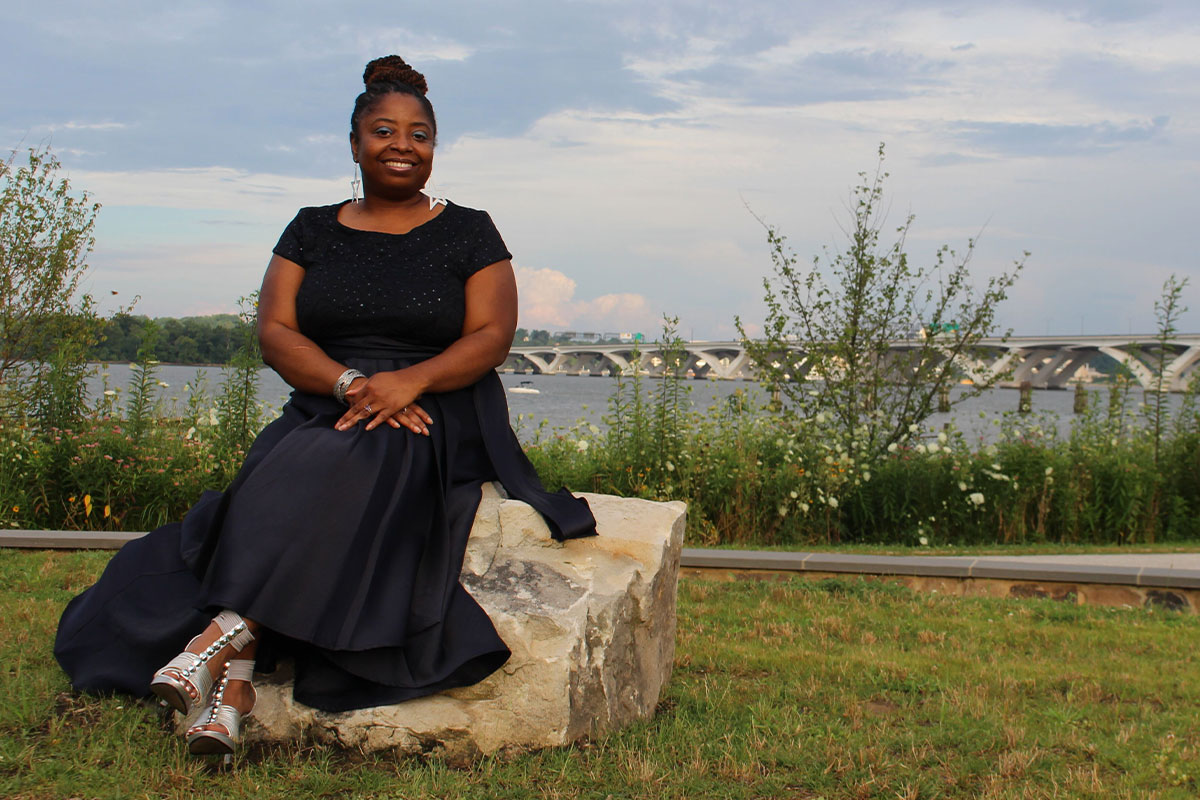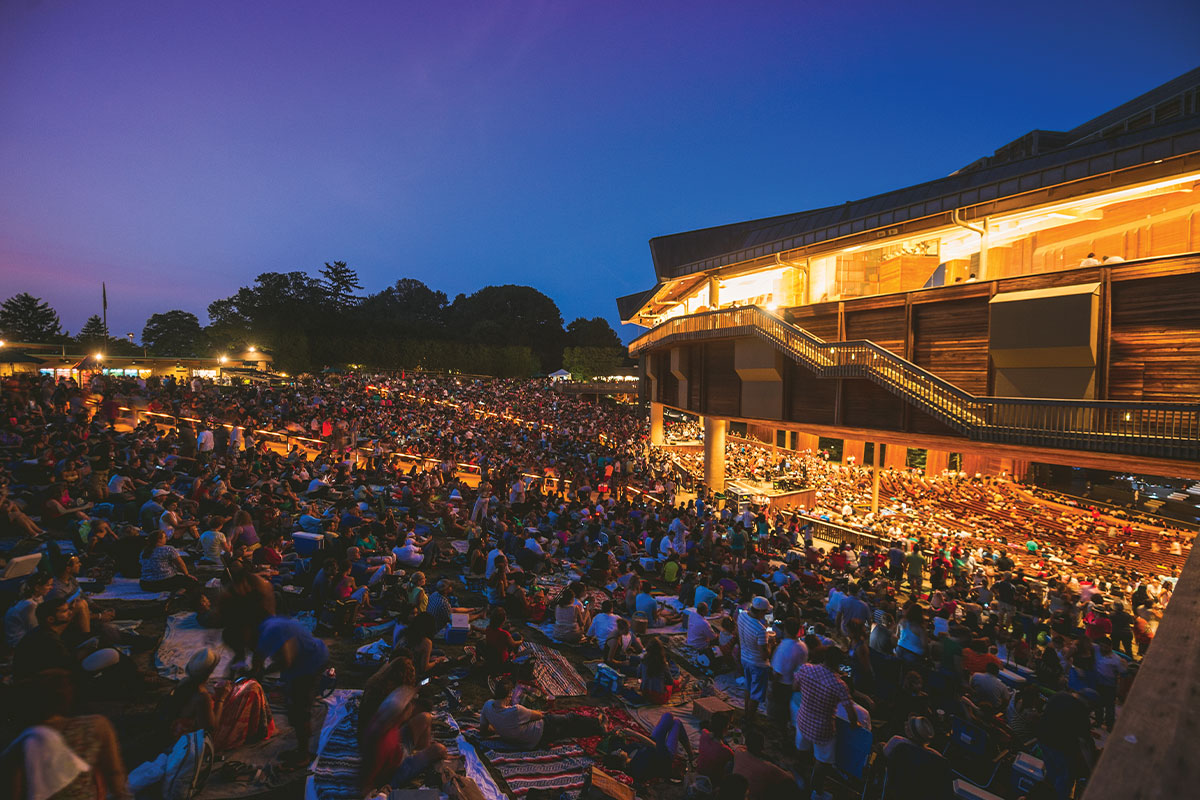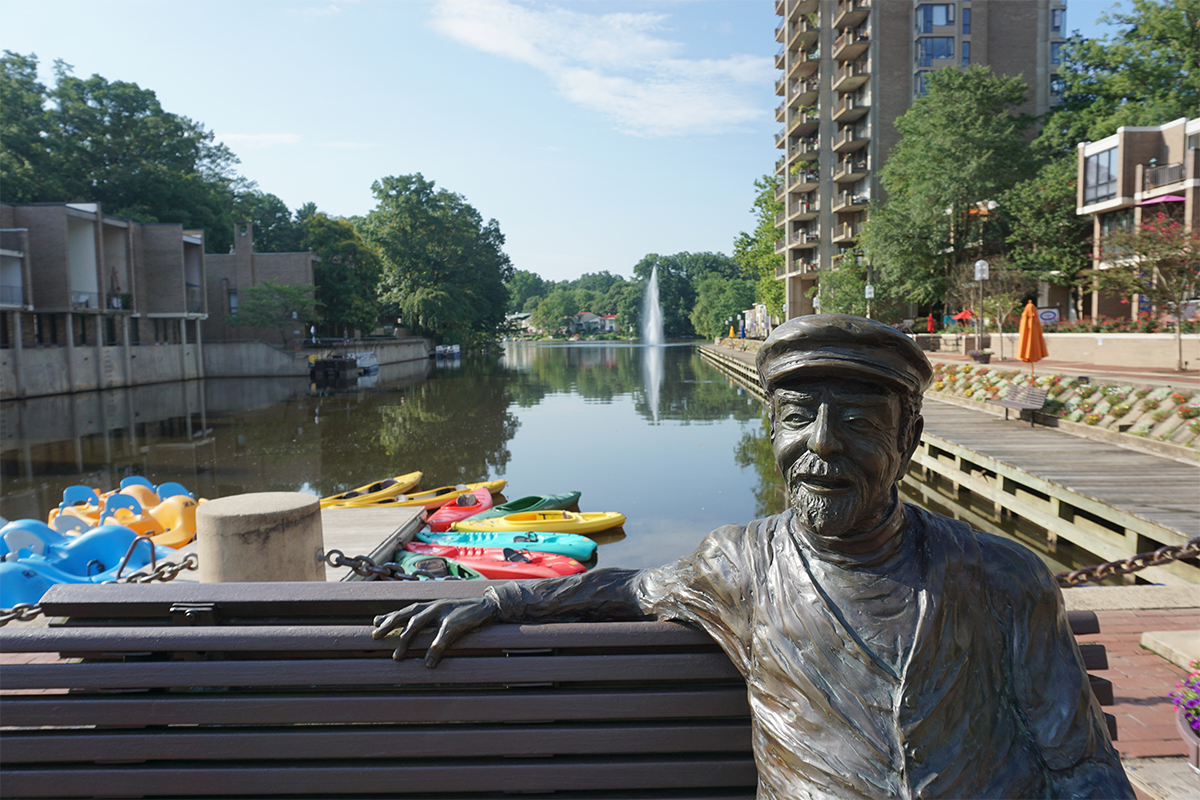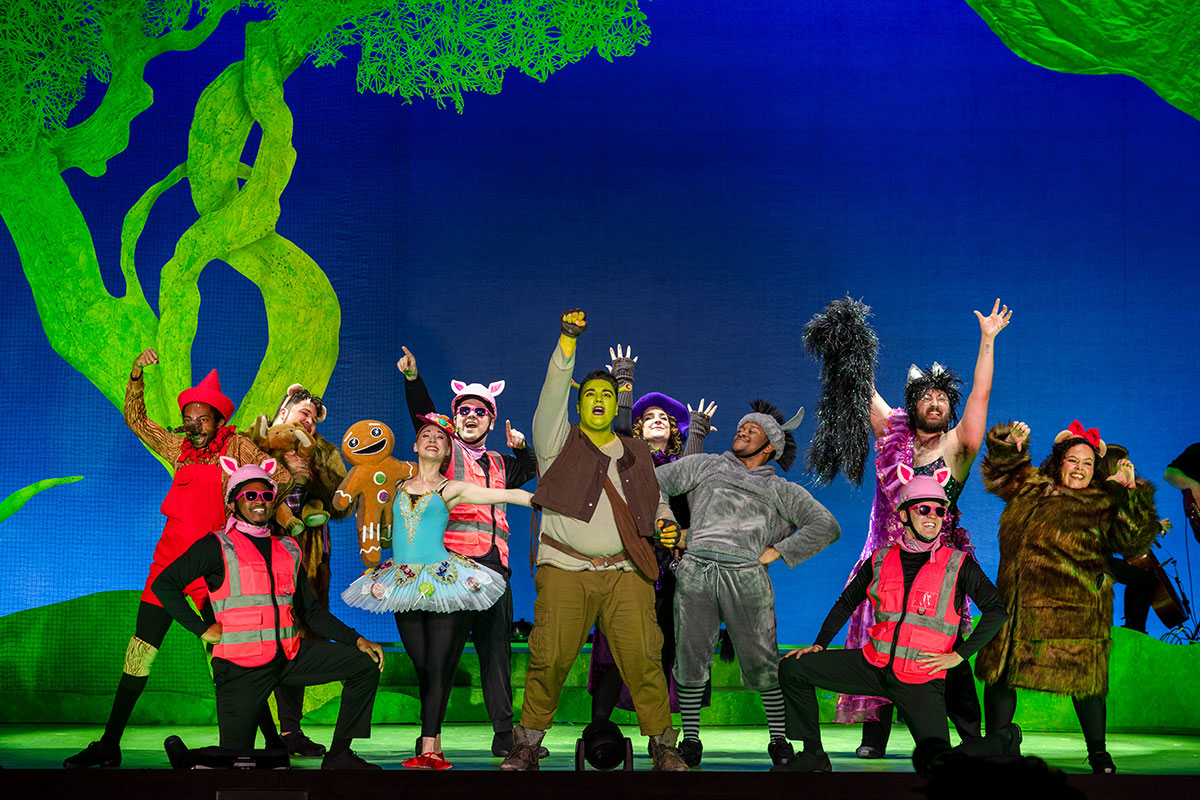
As a subject in school, poetry is polarizing.
Some find themselves piecing together the meanings and metaphors behind every stanza, while others struggle to see beyond the rhythm and pace of a three-lined haiku. It’s challenging, it’s interesting and it’s culturally intuitive.
But for KaNikki Jakarta, Alexandria’s first African-American, female poet laureate and author of five books, poetry has weaved its way through her life in ways she could have never imagined. It was more than just a subject in school; it has become an integral part of her personality.
For more profiles on Northern Virginia locals doing amazing things in the community, subscribe to our newsletters.
“I always say it was introduced to me in the womb,” says Jakarta. “My mom read a lot of Nikki Giovanni poetry when she was pregnant with me, and she actually thought about naming me [after her], but she figured she needed her name. So, she decided to name me KaNikki instead.”
The irony is not lost on her that with her mother’s inspiration for the name, she ultimately chose one that translates to “great writer,” and now Jakarta is living up to it.
The Alabama-born author has released three novels, In Real Life (2005), The Color Blue (2007) and The Other Side of Pretty (2014). In 2018, she released her memoir, A Peace of Mine: How to be the Wife of an Epileptic, Honor Your Vows and Honor Yourself, and most recently, after being named poet laureate earlier this year, released her first collection of poems and short stories titled, Alabama Girl, Virginia Woman.
We caught up with Jakarta to learn more about her newest book release, how she started writing and what she is looking forward to during her poet laureate tenure through 2021. Highlights from our conversation are below.
When did you start writing poetry, and what drew you to it?
[Aside from my mother’s influence], my dad was a big Dr. Seuss and Maya Angelou fan. He used to quote a lot of Maya Angelou poetry to me, but I didn’t know that it was her poetry until I started reading poetry and found out. I went to a private Christian school when I was in elementary school, and they had poetry as a class. So I actually took poetry starting in third grade, won a lot of poetry contests, and that’s how I really got started.
I was raised in Alabama and left in 1995, when I moved to Virginia, and it was 1998 when I found out that people actually stood up in front of crowds to recite poetry, and that’s when I started doing that as well. Like I said, poetry has basically been a part of my life since the womb.
What was it like to be named poet laureate of Alexandria in 2019?
It was great. This was the first time in the poet laureate selection process that there were three finalists. When I found out that I was a finalist, I had to come back and do basically a dissertation and propose what I was going to do as poet laureate in terms of programs, what I was going to do in the first 90 days, and we had to write a poem about diversity. And I was just really thrilled that I was the one that they chose.
For those who might not understand the role or responsibilities of a poet laureate, can you explain what that looks like?
The poet laureate program is a little unique in a way that they let you choose what the role means to you. For example, as a poet laureate, you are the poet representative for the city, so when they have any type of event (political or otherwise), they may call upon you to pen a poem to recite or read for ceremonies, parties, etc. But actually, part of the choosing process for the position is you saying what you want to bring to the city, what you want to do in the role. You kind of make your own job description.
How often and how much do you write, in say, a week’s time?
Well, I journal every day. And I write Facebook and Twitter statuses every day. I don’t write [poetry, etc.] every day, and I don’t necessarily write every week. But I do have a writing season. My writing season starts right after Thanksgiving, so I typically take off about 10 to 14 days in December and I have a lot of downtime during that time, and I write so that I can present those poems. In April, I write every day since it’s National Poetry Month, and there’s a challenge for all poets called the 30/30, where you write 30 poems in 30 days. And then, of course, when I am called upon to write things throughout the year, I write those as well.
Now that you’ve been writing for over 25 years, with five books under your belt and probably hundreds of poems, how has your writing changed and evolved over time?
Of course [it has changed]. You only write from your experience. Then getting to know other people, sometimes you write their experiences. And I think being called upon to do different types of events, for example, HIV awareness or Women’s History Month or Black History Month, whatever you’re writing about, that gives you more of a writing experience. So of course when I was young, I would write about the trees and the skies because I didn’t know anything. But when I started dating, I wrote about boys and love, and what I thought love was. So, you look back on that poetry and the poems are “I love him, does he love me? Why doesn’t he love me anymore?” You’re writing advances. But it’s great that I have this position too, because it pushes me as a writer to write about things that I don’t necessarily know about. I just did the Freedman’s Cemetery, so I had to read about that, what that was about and put that into a poem. Meeting different people, gathering experiences, growing up in life, those are the things that have continued to inspire me.
Earlier this year, you released Alabama Girl, Virginia Woman. How is it different from the others you have released in the past?
Once I got the poet laureate title earlier this year, I decided I should probably release a poetry book, because the last one I released was in 2002. I had all of this work from years and years, so I said let me look through these, all of the writing I had, and see what I wanted to present. I didn’t want to make it long, I wanted to make it an easy read. But as I began to write it, I started thinking about what I would want the title to be. I always say, Alabama birthed me, but I moved to Virginia when I was 21, so Virginia raised me. So that’s why it’s Alabama Girl, Virginia Woman. I have a lot of short stories in there talking about racism, growing up in the South and different types of experiences I’ve had. Even though people consider Virginia the South, for me, Virginia was the North. So I talk about that, different experiences growing up, how I became a poet and give people a little bit of background on me and the type of person I am, not just the type of poet I am.
For you, what is the importance of bringing diversity and collaboration to poetry, as well as Alexandria’s artistic culture?
As the first African-American, female poet laureate, apparently I bring diversity just being me. But when I moved here in 2000, I was looking for women’s writers groups, and all of the writing groups that I went to were all lesbians. I would always be the minority (as a heterosexual), so I kept wondering, where is the place that welcomes everybody? Over the years, I could never find it. I knew I would have to go ahead and build it myself. I wanted to do something that had different nationalities, races and backgrounds, so I started a workshop called Write Like a Woman. Everybody is welcome, from ages 18 to 100. It’s really great because you get to learn from other cultures, so that was my first time really playing around with diversity. It’s really opened up a lot of doors, because when I moved here, all of these writing communities were in a sense, already formed, but I think I am the bridge and person who brings those people together.
If you could define yourself in three words, what would they be?
Poet, purposeful and positivity.
Who is your all-time favorite author?
I am my own favorite poet, but if I had to choose, I would say Toni Morrison.




